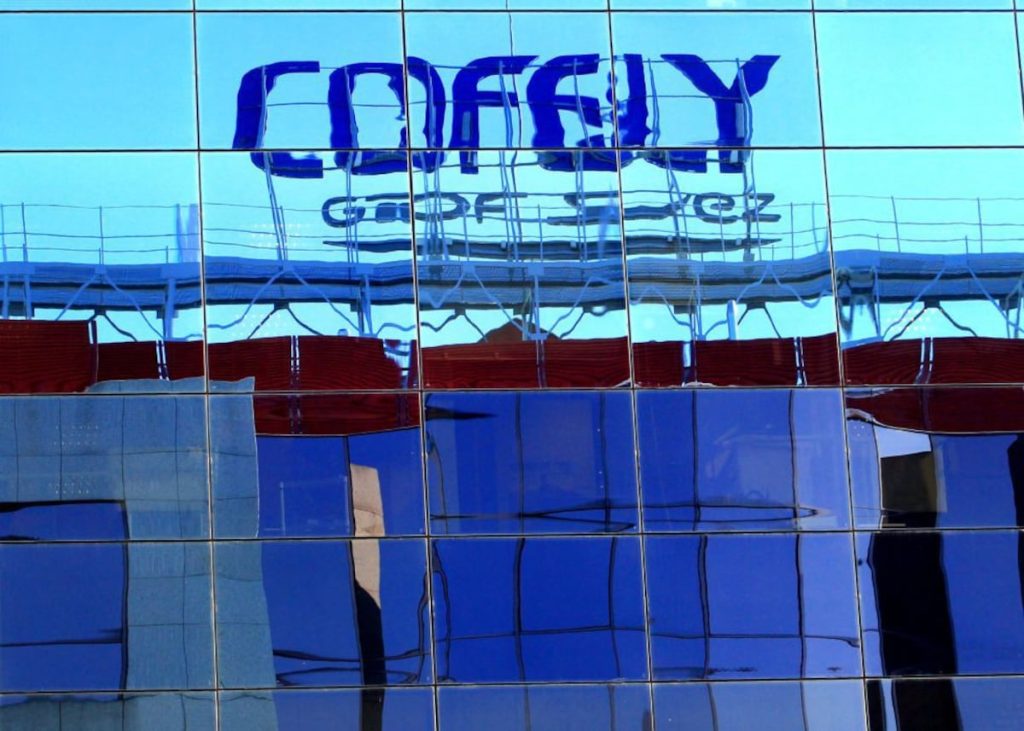The trial for the biggest scam in the corruption scheme dismantled in Operation Púnica has been scheduled for April 7, 2025, almost 11 months from now. The National Court has set the start of the trial for the sixth part of this mega-summary, which investigates the alleged manipulation of public contracts in municipalities in favor of the energy efficiency company Cofely España. The trial is expected to last about twenty days and conclude on May 29th of the following year. There will be 37 defendants in the dock, including nine former mayors from Madrid and Extremadura – seven from the PP, one from the PSOE, and one from the local party UDMA – for the alleged irregular awarding of contracts by nine municipalities to Cofely, which is also being sent to the dock as a legal entity. The contracts under suspicion total more than 224 million euros, making this part of the investigation the largest fraud in the entire case.
In the indictment filed in July 2022, the Anticorruption Prosecutor’s Office requested high prison sentences for the main suspects. For the constructor David Marjaliza, the confessed ringleader of the Púnica case and the first major whistleblower in corruption in Spain, they requested 13 years and three months for eight offenses, including aggravated money laundering and belonging to a criminal organization, proposing to apply the very qualified mitigating factor of confession. The investigation revealed numerous indications of the actions of the executives of this company and the constructor in the municipalities of Torrejón de Velasco, Moraleja de Enmedio, Parla, Alcalá de Henares, Valdemoro, Collado Villalba, Móstoles, Serranillos del Valle (all in the Community of Madrid) and Almendralejo (Badajoz), through recorded phone conversations, emails, and documents.
The corruption network considered these bribes “as just another expense of the contract” they were awarded, so they increased the amount of their bid to cover the payments, diverting the money from public funds. Most mayors and technicians received their bribes in cash and often in installments, with new demands for payments and amounts. In Parla, the prices of the bribes were very high, with initial commitments of around 600,000 euros that were later reduced to 500,000 euros in monthly installments of 50,000 euros. The mayor and his chief of staff were allegedly the recipients of this money, pressuring municipal technicians to tailor the terms of the contract for Cofely to win the bid. Móstoles also had negotiations for a 500,000 euro commission, intensifying after the contract was awarded as a recognition for their assistance in obtaining the contract.
To obtain the bribe money, the network used fake invoices for non-existent work for the municipality issued by Marjaliza’s companies. Marjaliza acted as the intermediary between Cofely and the municipalities through his contacts and influences, established since 2000 with mayors and councilors in certain towns in southwest Madrid. This network of corrupt practices led to the investigation of dozens of officials and individuals involved in the scandal, ultimately bringing to light a complex web of bribery, money laundering, and influence peddling. The trial set for 2025 will shed more light on this massive corruption case and hopefully bring justice to those involved.


